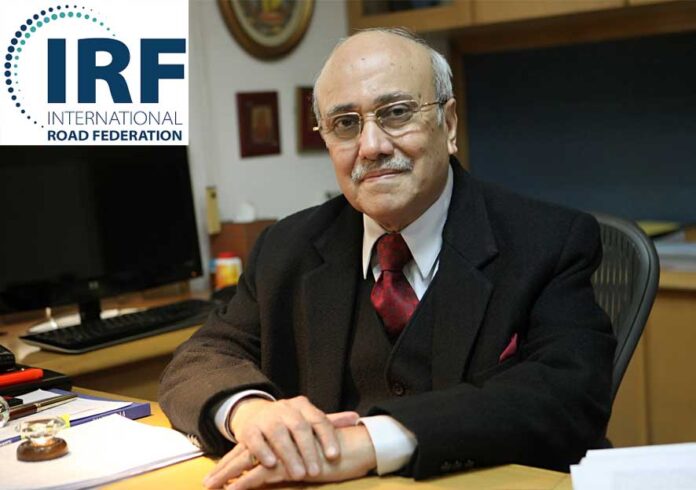
The International Road Federation (IRF), a global organization dedicated to promoting safer and better roads worldwide, has welcomed the Ministry of Road Transport and Highways (MoRTH) and Union Minister Nitin Gadkari’s recent announcement to install QR codes on every major road project in India. The IRF has described this as a bold step towards transparency, accountability, and digital governance in the nation’s infrastructure sector.
A Game-Changer for Road Quality and Safety
Calling it a “visionary initiative,” Mr. K.K. Kapila, President Emeritus of the IRF and Chairman of Intercontinental Consultants and Technocrats (ICT), said the move marks a significant milestone in India’s journey toward a technology-driven, transparent, and accountable road infrastructure management system.
“The introduction of QR codes for monitoring and improving road construction quality and maintenance will enable real-time tracking, ensuring durability, safety, and long-term sustainability of India’s road network,” said Mr. Kapila in a congratulatory letter to the Union Minister.
Enhancing Transparency and Accountability
Mr. Kapila added that this innovative step by MoRTH under Minister Nitin Gadkari’s leadership underscores the Government of India’s commitment to improving transparency, quality, and efficiency in the road infrastructure sector.
He further emphasized that ensuring contractor accountability for road maintenance for up to ten years will strengthen a culture of responsibility and excellence across the industry.
Support from MoRTH Leadership
The IRF also appreciated Mr. Uma Shankar, Secretary, MoRTH, for reinforcing the importance of this initiative and ensuring close monitoring of its implementation. His proactive involvement is expected to ensure effective on-ground execution of this visionary reform.
Towards Citizen-Centric and Transparent Governance
“This remarkable initiative reflects India’s unwavering commitment to good governance, citizen empowerment, and infrastructure transparency. It is a decisive step towards responsible, citizen-centric administration — a model that could inspire similar reforms across other public sectors,” Mr. Kapila added.









